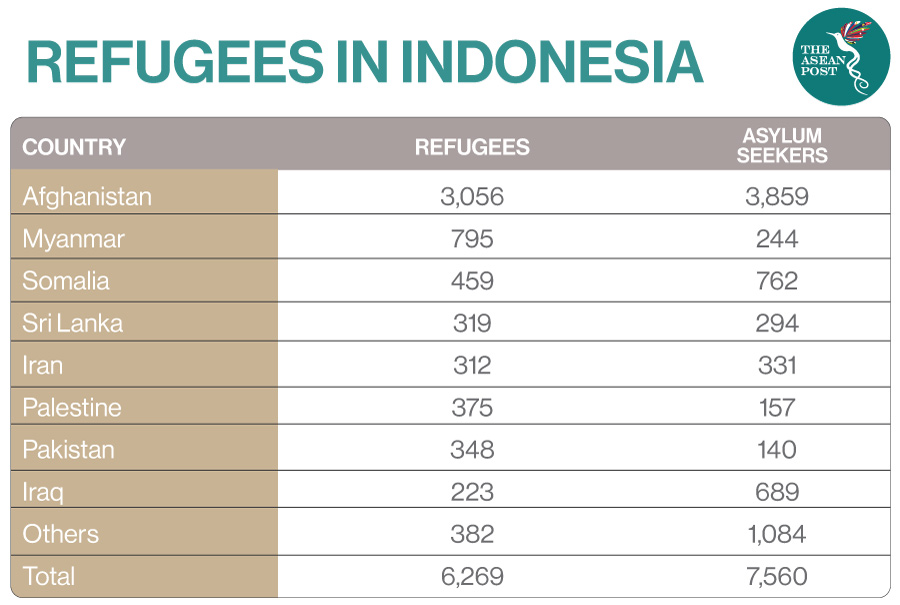
The International Day of Peace (“Peace Day”) is celebrated around the world every year on 21st September. Established in 1981 by the United Nations General Assembly, Peace Day provides a globally shared day for all humanity to commit to Peace above all differences and to contribute to building a Culture of Peace. In 2020, to commemorate International Day of Peace, SCORP-CIMSA holds a series of campaigns themed “Refugees’ Health and Rights in COVID-19 Pandemics”.
Refugees are people who have fled war, violence, conflict or persecution and have crossed an international border to find safety in another country. They often have had to flee with little more than the clothes on their back, leaving behind homes, possessions, jobs, and loved ones. Refugees are defined and protected in international law. The 1951 Refugee Convention is a key legal document and defines a refugee as:
“Someone who is unable or unwilling to return to their country of origin owing to a well-founded fear of being persecuted for reasons of race, religion, nationality, membership of a particular social group, or political opinion.”
The latest update that was reported by UNHCR on June 18th, 2020 showed that by the end of 2019, there were 25.4 million refugee men, women, and children registered across the world, as we can see below.
_FiguresAtAGlance_Infographic(18JUN2020).png)
Although Indonesia has not ratified the 1951 Refugee Convention on Refugees, the country has a long tradition of hosting refugees and people in need of international protection.
The latest update showed that there are some 13,500 refugees registered with the UNHCR office in Indonesia. They are spread across Indonesia, including Medan, North Sumatra; Pekanbaru, Riau; and Bogor, West Java, according to UNHCR data.


Refugees are one of the most vulnerable people whose rights are often violated, especially in COVID-19 pandemic conditions. Refugees in a country whose health system is weakening due to this pandemic have the potential to experience a humanitarian crisis. Their presence, which often exceeds the capacity for refugees, makes facilities and infrastructure become limited and used interchangeably, also their access to healthcare and sanitation facilities. They often live in cramped tents in overcrowded camps. It makes physical distancing becomes difficult to fulfill so that the risk of transmission increases. What’s worse is that most of the refugees and asylum-seekers in Indonesia are staying in the epicenter of the COVID-19 outbreak and other risk zones across the country.
Even though UNHCR attempts to step up health, water, sanitation, and hygiene services to protect refugees and displaced people. UNHCR works with the governments to ensure that people forced to flee are included in preparation and response plans. In the past few weeks, the UNHCR office in Indonesia distributed masks and hand sanitizers to refugees with the help of partners and refugee communities, as an effort to increase the refugees’ resilience amid the developing COVID-19 pandemic.
Besides that, due to the language barrier that makes their knowledge of COVID-19 lacking and their inability to comply with their needs causes them to depend on the government. This causes a load of Indonesian government increases, especially in this pandemic condition where the health of Indonesian citizens themselves still not being fulfilled properly. Consequently, refugees are neglected and their health and rights are not fulfilled and become more valuable than before.
Sources:
https://theaseanpost.com/article/indonesias-forgotten-amidst-pandemic
https://www.unhcr.org/refugee-statistics/
https://www.unhcr.org/refugees.html
https://www.un.org/en/observances/international-day-peace
